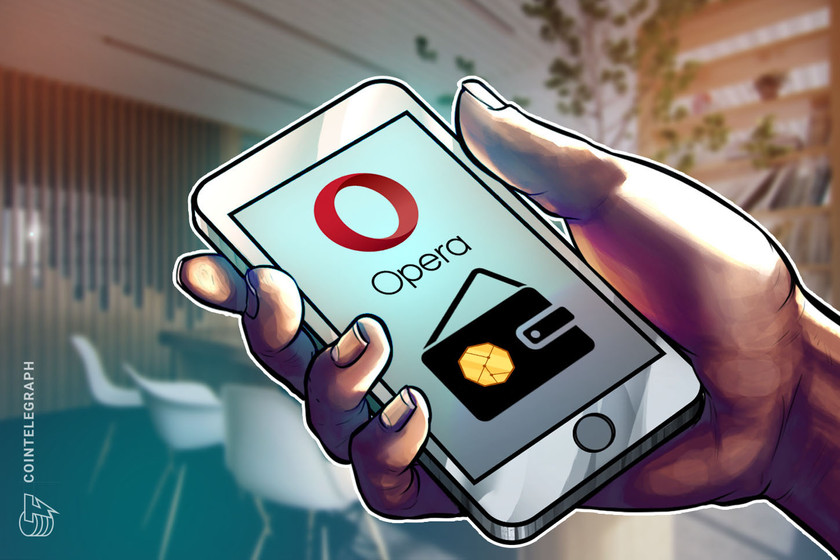Opera launches security tools to protect users against malicious Web3 actors


The browser also features the ability to enable HTTPS everywhere, bringing an extra layer of protection and making sure the websites people visit use proper encryption protocols.
Web3 browser Opera has announced a new set of security tools intended to help its users mitigate common risks associated with malicious actors in the Web3 ecosystem.
The new set of security tools called Web3 Guard is a suite of browser security features that promises to protect users against malicious decentralized applications (DApps), seed phrase phishing attacks and malicious actors.
The security tool scans for known security risks associated with DApps, such as suspicious code, security vulnerability and audit history. This helps users to get a better insight into the DApp they are planning to browse and alerts them in case any of the mentioned vulnerabilities are found.
The built-in security tools would also check for any seed phrase phishing attacks by scanning web pages for telltale signs of exploit, such as common phishing keywords and properties, without compromising users’ privacy or personal data. Danny Yao, senior product manager of crypto at Opera told Cointelegraph:
“Currently, Web3 Guard provides warnings and information to users so that they are not only aware of the potential risks in the moment, but also gradually become more familiar with the types of dangers specific to Web3. “
The crypto browser’s new security tools also introduce a malicious address checker that screens recipient addresses against a list of known malicious agents and warns users if suspicious activity is detected. Additionally, the browser has the option to enable HTTPS everywhere, adding an extra layer of security and guaranteeing that the websites users visit employ reliable encryption techniques.
Related: Opera browser integrates Elrond blockchain services to bolster Web3 adoption
In the first week of December, the browser introduced a new nonfungible token (NFT) feature on the platform allowing users to explore the vast NFT ecosystem through their browser.
The popular crypto browser that gained popularity for offering its native token to users for exploring the web through its platform has become a key point of Web3 interaction. The browser has an integrated wallet and support for many cryptos and Web3 ecosystems







